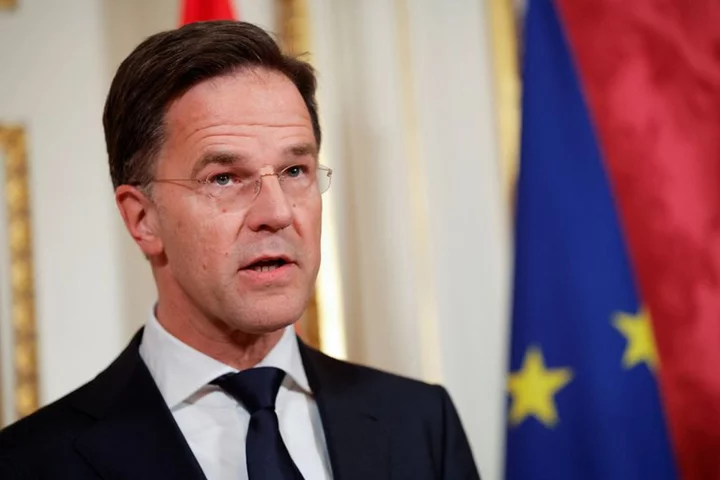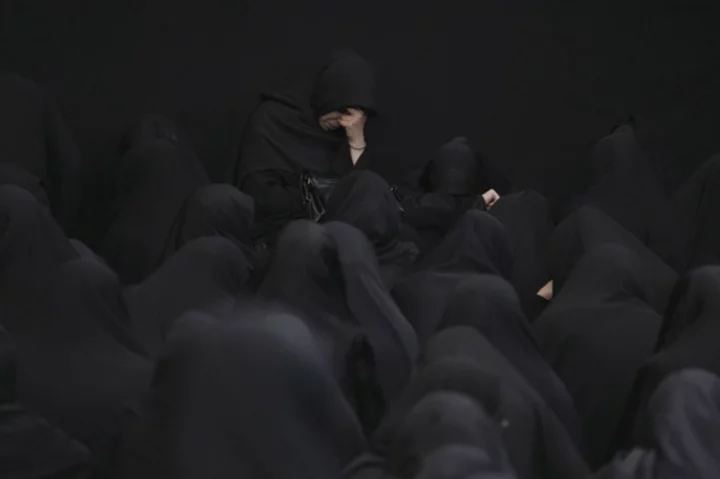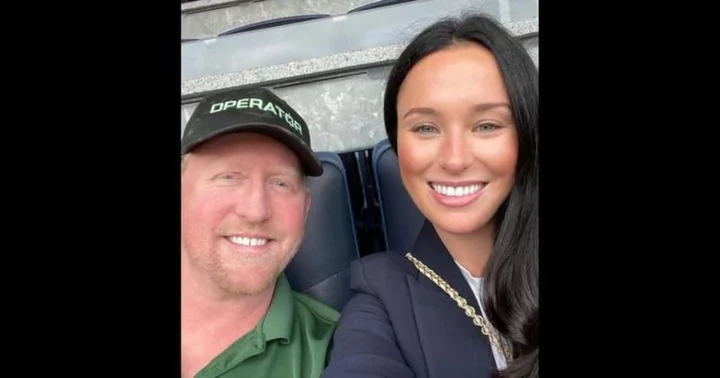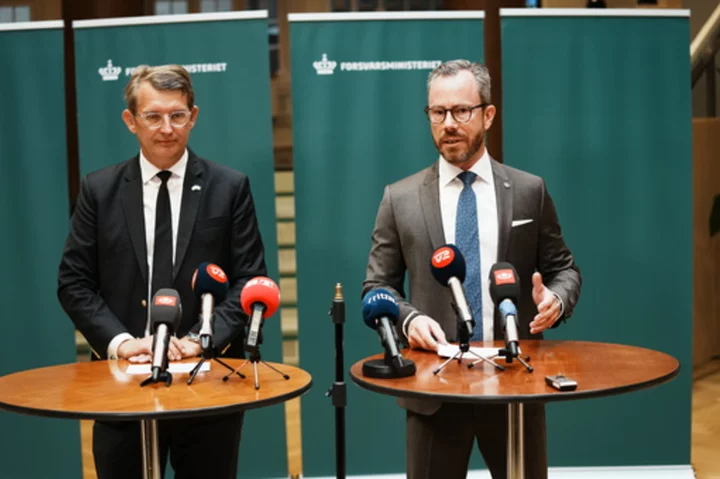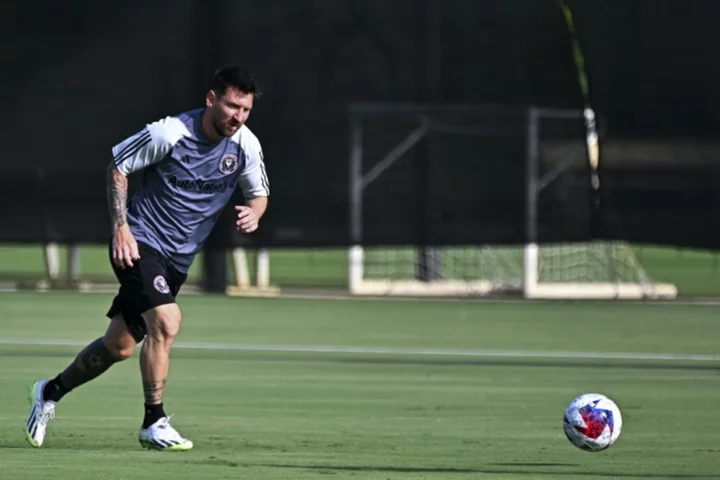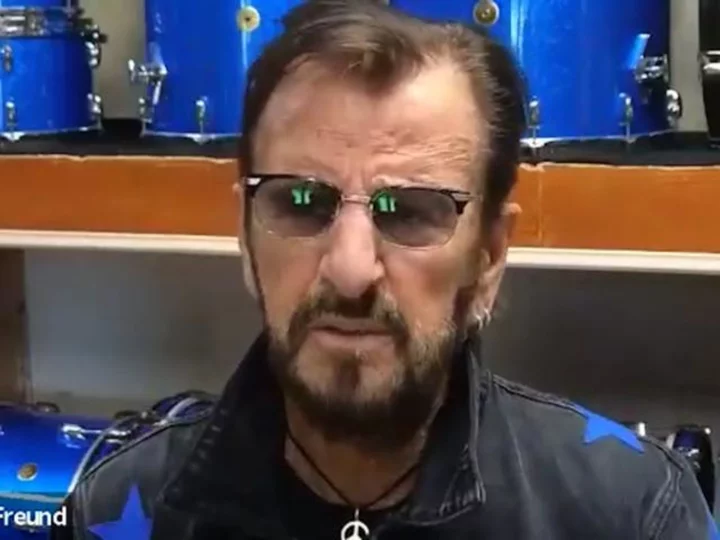AMSTERDAM (Reuters) -The Dutch government on Friday collapsed after failing to reach a deal on restricting immigration, junior coalition partner Christian Union said, a move expected to trigger new elections in the fall.
"The four parties decided that they cannot reach an agreement on migration. Therefore they decided to end this government," party spokesman Tim Kuijsten said, confirming media reports that Prime Minister Mark Rutte would tender the resignation of his government.
The crisis was triggered by a push by Rutte's conservative VVD party to limit the flow of asylum seekers to the Netherlands, which split his four-party government coalition when two parties refused to support his proposals.
Tensions came to a head this week, when Rutte demanded support for a proposal to limit entrance for children of war refugees who are already in the Netherlands and to make families wait at least two years before they can be united.
This last proposal went too far for the small Christian Union and liberal D66, triggering a crisis.
"It's a sad day," Defence Minister Kajsa Ollongren said as she arrived for an emergency cabinet meeting called after the migration talks ended in a stalemate.
"We have talked for a long time, but we have failed to reach agreement."
Rutte will hold a press conference after the cabinet meeting, his office said.
The Netherlands already has a one of Europe's toughest immigration policies but under the pressure of right-wing parties, Rutte had for months been trying to seek ways to further reduce the inflow of asylum seekers.
Asylum applications in the Netherlands jumped by a third last year to over 46,000, and the government has projected they could increase to more than 70,000 this year - topping the previous high of 2015.
This will again put a strain on the country's asylum facilities, where for months last year hundreds of refugees at a time were forced to sleep in the rough with little or no access to drinking water, sanitary facilities or health care.
Rutte last year said he felt "ashamed" of the problems, after humanitarian group Medecins sans Frontieres sent in a team to the Netherlands for the first time ever, to assist with migrants' medical needs at the centre for processing asylum requests.
He promised to improve conditions at the facilities, mainly by reducing the number of refugees that reach the Netherlands. But he failed to win the backing of coalition partners who felt his policies went too far.
Rutte, 56, is the longest-serving government leader in Dutch history and the most senior in the EU after Hungary's Viktor Orban. He is expected to lead his VVD party again at the next elections.
Rutte's current coalition, which came to power in January 2022, was his fourth consecutive administration since he became prime minister in October 2010.
(Reporting by Bart Meijer, Anthony Deutsch and Stephanie van den BergEditing by Sandra Maler)

